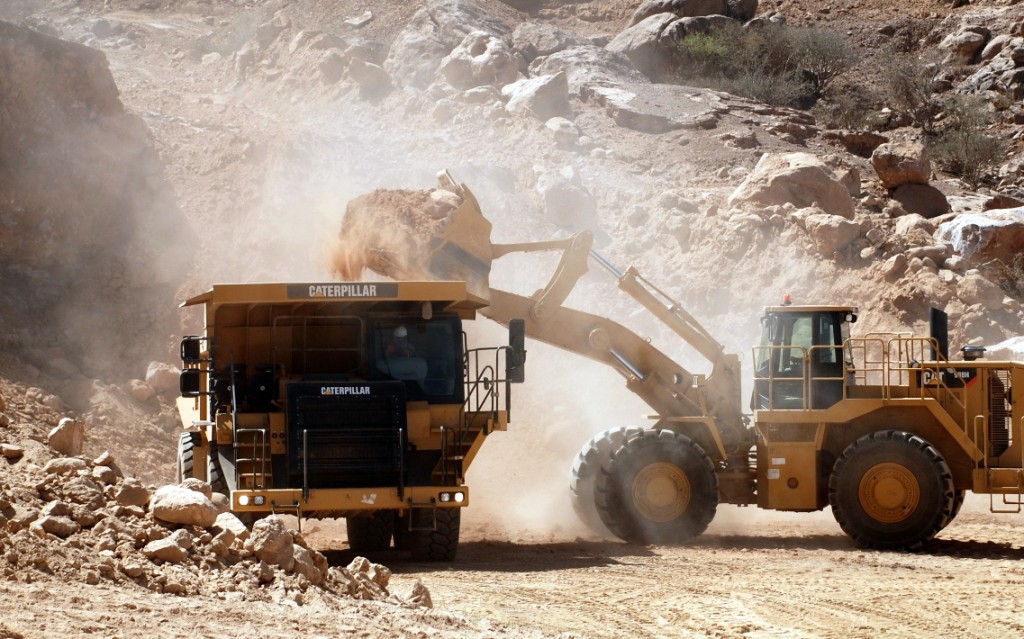Nigeria, a resource-rich nation, is seeing increased conflict between mining and agriculture, two important economic sectors. The rivalry over land, a limited resource in many areas of the nation, is the root of the conflict. Even though mining might be profitable, it frequently has a negative impact on rural populations’ livelihoods and agricultural output.
The transformation of agricultural land into mining sites is one of the main obstacles. Valued farmland is frequently cleared for mining operations, which lowers agricultural productivity. The depletion of fertile land can have disastrous effects on small-scale farmers, who mostly depend on farming for their livelihood. Additionally, mining operations may taint the water and soil resources utilised in agriculture, making them unfit for cultivation.
The uprooting of villages as a result of mining ventures is another problem. Locals may be forcibly evicted by mining firms when they purchase land for their operations, upsetting their way of life. Conflict and social unrest may result from this displacement as people struggle to defend their way of life and land.
Effective land use planning techniques must be put into practice in order to address these issues. This entails making sure that mining operations are situated in areas with little agricultural value by carrying out extensive environmental impact evaluations prior to mining project approval. Furthermore, it’s critical to facilitate impacted communities’ transition to other livelihoods and give them fair recompense.

Additionally, encouraging environmentally friendly mining methods might aid in reducing the detrimental effects on farming. This entails putting policies in place to stop soil erosion, lessen water contamination, and restore regions that have been mined out. It is feasible to strike a balance between economic development and the preservation of agricultural resources by implementing ecologically friendly mining processes.
Nigeria’s mining and agriculture conflict is a complicated problem with wide-ranging effects. Nigeria will be able to protect the rural population’s means of subsistence while simultaneously utilising its natural riches by striking a balance between environmental preservation and economic growth through thorough land use planning techniques and encouraging sustainable mining methods.

